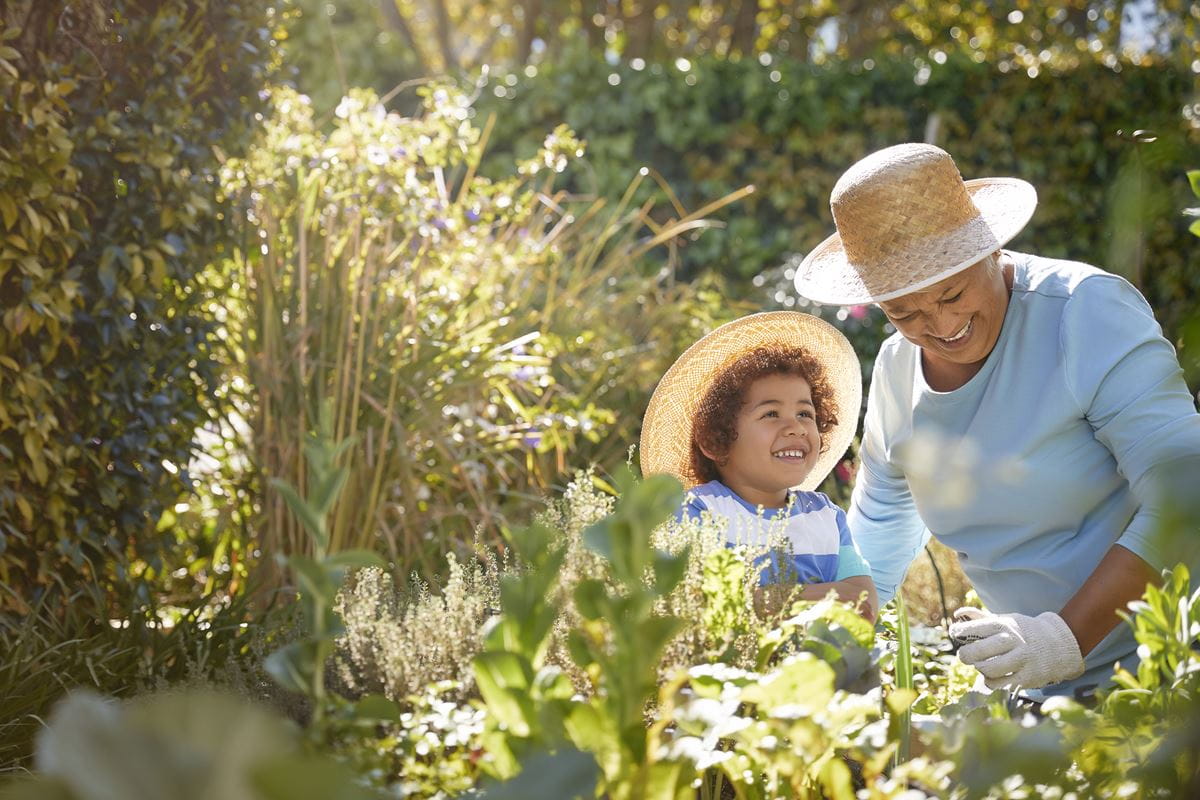How to avoid summer's risk factors for breast cancer

Summer is a time of long hot days, cooler nights, family vacations and relaxing with friends. While it's nice to kick back and enjoy a slightly slower pace, it's not the time to let your guard down when it comes to sun exposure and other risk factors for breast cancer.
"Many of our most enjoyable activities can be slightly modified to reduce cancer risk," says Marisa Weiss, MD, director of breast radiation oncology and breast health outreach at Lankenau Medical Center. Dr. Weiss, also founder of Breastcancer.org and author of Think Pink Live Green, A Step-by-Step Guide to Reducing Your Risk of Breast Cancer, offers several practical tips for reducing risk.
Summer sun, vitamin D and sunscreen
Vitamin D is essential for many reasons, and research suggests it may help control the growth of breast cancer cells. Vitamin D can be found in fortified milk and other foods like fatty fish and eggs, but the best way to boost vitamin D levels is through direct sunlight or vitamin D3 supplements.
"Most of us don't get enough vitamin D through sunlight because we're inside or wearing sunscreen," says Dr. Weiss. "Even short periods of direct peak sun exposure — 15 minutes, three times a week, for example — may give you more than the recommended daily amount of vitamin D, depending on where you live."
While sun exposure offers vitamin D benefits, it also increases your risk for skin cancer and hastens the aging process. Experts recommend you continue to use a mineral-based sunscreen whenever you go out during the day, and take extra sun protection measures when ultraviolet (UV) radiation levels are highest, generally between 10:00 am and 4:00 pm. A hat with a five-inch brim and protective clothing are also smart options.
Most people require vitamin D supplementation to keep their cells happy and their bones strong. Talk with your health care provider about your vitamin D level, and the best dose of vitamin D3 supplements to take.
Also make sure to use healthy types of sunscreens. "Research suggests that at certain exposure levels, some of the chemicals in some sunscreens are hormone disruptors, which may lead to abnormal breast cell growth," Dr. Weiss says. "Pick a safe sunscreen that contains zinc or titanium from the Skin Deep database. Alternatively, you can wear a wide-brim hat that covers your face, a shirt with extra-long sleeves and a long skirt or pants."
Avoiding risk factors for breast cancer in lawn and garden care
Depending on where you live and work, you may be exposed to a number of man-made and naturally occurring lawn and garden chemicals every day. Chemicals are used to kill bugs, keep lawns green and make flowers bloom — but they're also risk factors for breast cancer.
"Research suggests that at certain exposure levels, some of the chemicals in these products may act as hormone disruptors and cause cancer," Dr. Weiss says. Try keeping your lawn healthy without using chemicals by pulling weeds by hand, mowing less often and at the highest setting and choosing fertilizers with low or no phosphorus.
Breast cancer and the backyard barbecue
When meat is cooked at high temperatures until well-done, a group of chemicals known as heterocyclic amines (HCAs) forms. The longer and hotter the cooking, the more HCAs form, especially in the blackened parts of the meat. The National Cancer Institute has identified 17 HCAs that may increase the risk for cancer. Another group of chemicals, polycyclic aromatic hydrocarbons (PAHs), form in smoke produced when fat burns or drips on hot grill coals. PAHs have been linked to breast cancer.
"Research has shown that women who ate a lot of grilled, barbecued and smoked meats had a higher risk for breast cancer than women who didn't eat a lot of grilled meats," Dr. Weiss says. You can cut down this risk by choosing lean cuts of meat, grilling at lower temperatures, avoiding blackened, burned or charred food and marinating meats in herb mixtures, which may reduce HCAs.
Another option: Reduce the amount of these foods that you consume.
Dr. Weiss adds that alcohol use is associated with a higher risk for breast cancer. The more you drink, the higher the risk. Moderation is key!
Next steps:
Learn more about Marisa Weiss, MD
Learn more about breast cancer prevention and diagnosis
View current breast cancer clinical trials
 Content you want, delivered to your inbox
Content you want, delivered to your inbox
Want to get the latest health and wellness articles delivered right to your inbox?
Subscribe to the Well Ahead Newsletter.
